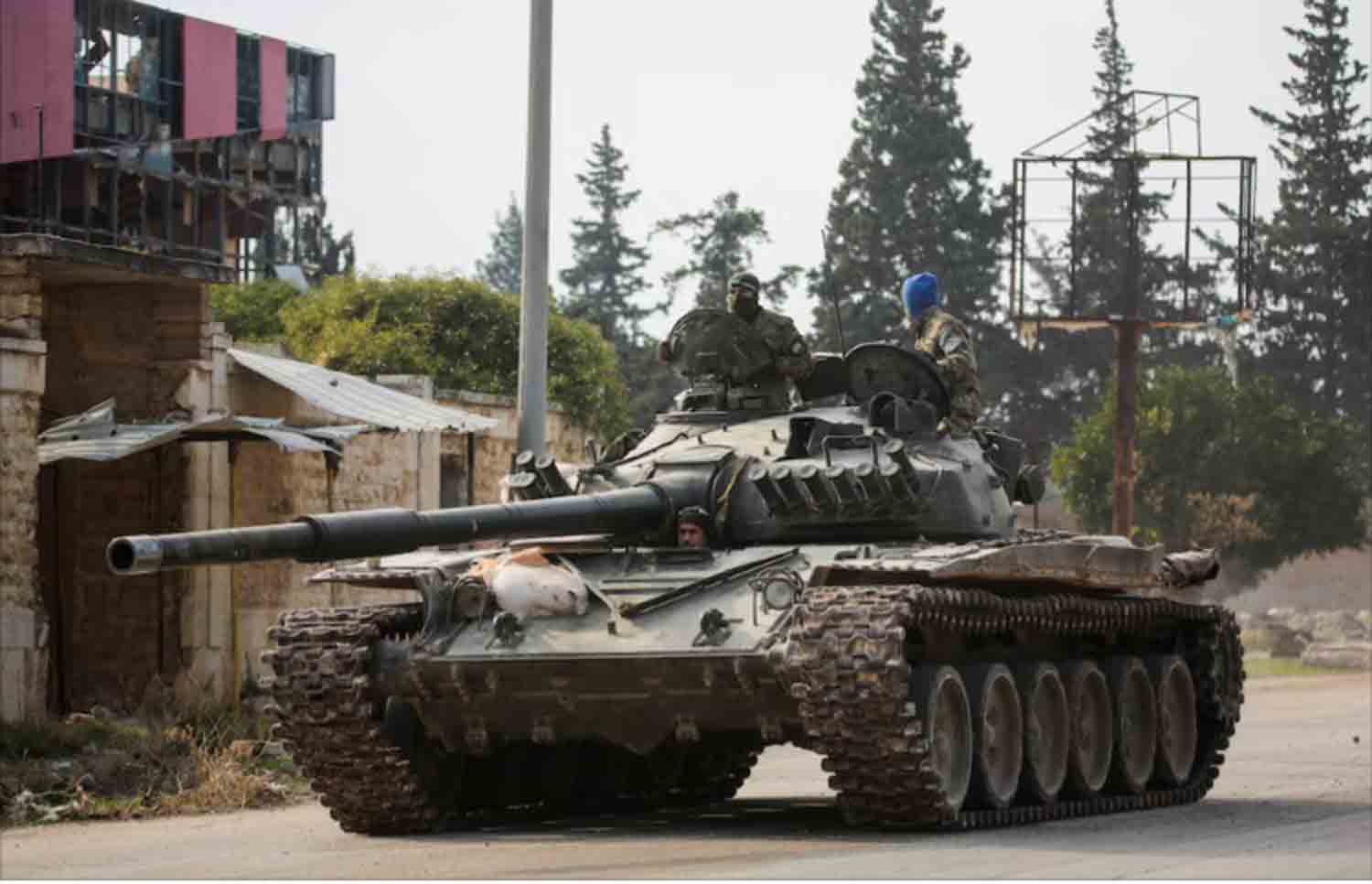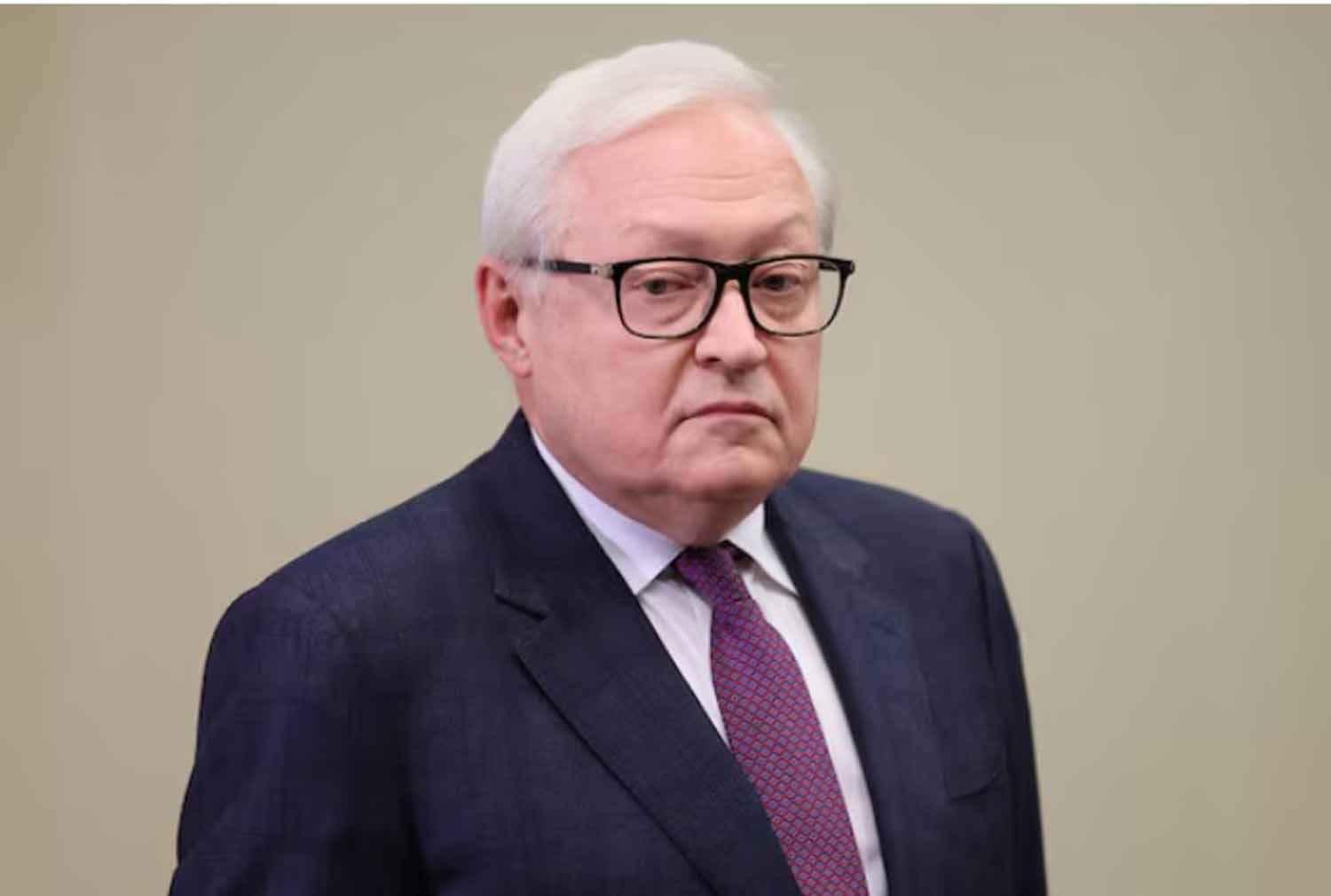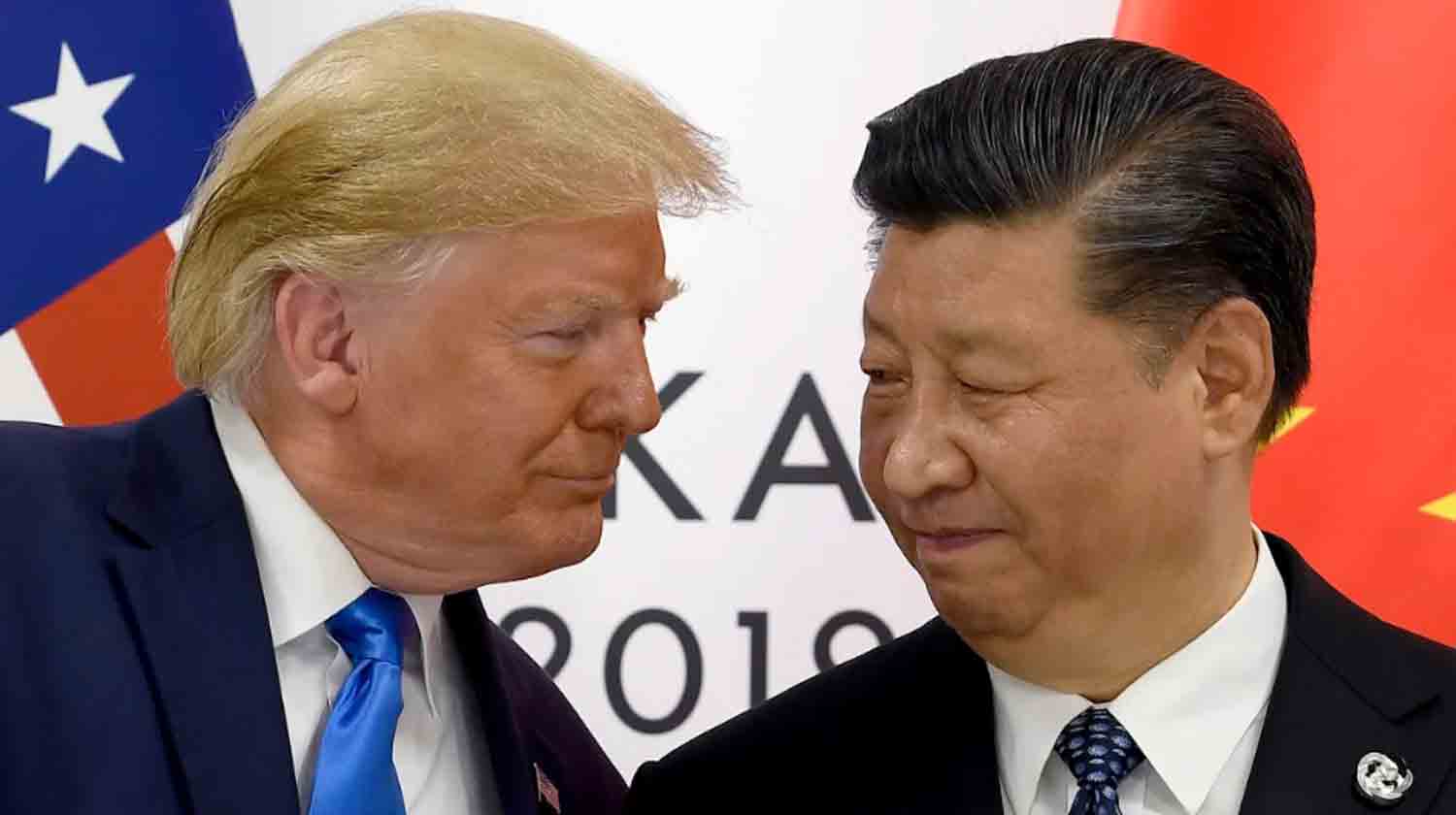The Syrian military announced on Saturday that rebel forces had taken control of significant areas within Aleppo city during an offensive that resulted in the deaths of numerous soldiers, compelling the army to reposition its forces. This marks the most substantial challenge to President Bashar al-Assad in several years.
The unexpected assault, spearheaded by the Islamist group Hayat Tahrir al-Sham, has disrupted the relatively stable frontlines of the Syrian civil war, which had remained largely unchanged since 2020. This resurgence of conflict is occurring in a region of the war-torn country near the Turkish border. The military indicated that it is preparing a counteroffensive to reestablish governmental authority.
This statement from the Syrian army command represents the first official acknowledgment that rebels have infiltrated Aleppo, a city that has been under complete state control since government forces, supported by Russia and Iran, expelled the rebels eight years ago.
The army noted, “The significant presence of terrorists and the variety of battlefronts necessitated a redeployment operation by our armed forces to bolster defensive positions, safeguard the lives of civilians and soldiers, and set the stage for a counterattack.”
According to the military, while rebels have entered extensive areas of Aleppo, their efforts to secure permanent positions have been thwarted by army bombardments. The military vowed to “drive them out and restore state control over the entire city and its surrounding areas.”
Additionally, two sources from the rebel factions reported that insurgents had seized the city of Maraat al Numan in Idlib province, effectively bringing the entire province under their control, which would represent another significant setback for Assad.
The recent clashes have reignited the longstanding Syrian conflict amid ongoing turmoil in the broader region, particularly due to the conflicts in Gaza and Lebanon, where a ceasefire between Israel and the Iran-aligned group Hezbollah was implemented on Wednesday.
The offensive originated from areas in northwestern Syria controlled by insurgents, which remain beyond the reach of Assad’s regime.
According to two military sources from Syria, both Russian and Syrian warplanes targeted insurgent positions in a suburb of Aleppo on Saturday.
On Friday, Kremlin spokesperson Dmitry Peskov characterized the rebel assault as a breach of Syria’s sovereignty. He expressed support for the Syrian government in restoring order and constitutional governance in the region as swiftly as possible.
The Syrian Civil Defense, a rescue organization operating in opposition-controlled territories, reported on X that airstrikes by Syrian and Russian aircraft hit residential areas, a gas station, and a school in rebel-held Idlib, resulting in the deaths of four civilians and injuries to six others.
The two military sources indicated that Russia has pledged additional military support to Damascus, with deliveries expected within the next 72 hours. Furthermore, authorities have closed Aleppo airport and the roads leading to the city, as confirmed by the two military sources and a third army source.
The Syrian army has been instructed to execute “safe withdrawal” protocols from the primary areas of the city that have been infiltrated by rebels, according to the three military sources.
IRAN’S ROLE IN THE REGION
On Friday, rebel groups, including those supported by Turkey, reported that their fighters were advancing through various neighborhoods in Aleppo. Mustafa Abdul Jaber, a commander of the Jaish al-Izza brigade, noted that their rapid progress was facilitated by the absence of Iran-backed forces to bolster the government in the wider Aleppo area.
Iran’s regional allies have faced significant setbacks due to Israeli actions as the conflict in Gaza has spread across the Middle East. In a phone conversation with his Syrian counterpart, Iranian Foreign Minister Abbas Araqchi accused the United States and Israel of orchestrating the insurgent offensive.
The opposition fighters claimed that their campaign was a reaction to increased airstrikes against civilians by Russian and Syrian forces in Idlib province, as well as a preemptive measure against potential assaults by the Syrian army. Sources connected to the opposition and Turkish intelligence indicated that Turkey, which backs the rebels, had approved the offensive. Turkish officials were not available for comment on Saturday.
Turkey’s foreign ministry expressed concern on Friday regarding the clashes between rebel and government forces, labeling the situation as an undesirable escalation of tensions. Spokesperson Oncu Keceli emphasized that preventing further instability in the region was Turkey’s main priority, and he cautioned that recent attacks on Idlib were detrimental to the spirit and execution of de-escalation agreements.
Discover more from Defence Talks | Defense News Hub, Military Updates, Security Insights
Subscribe to get the latest posts sent to your email.





